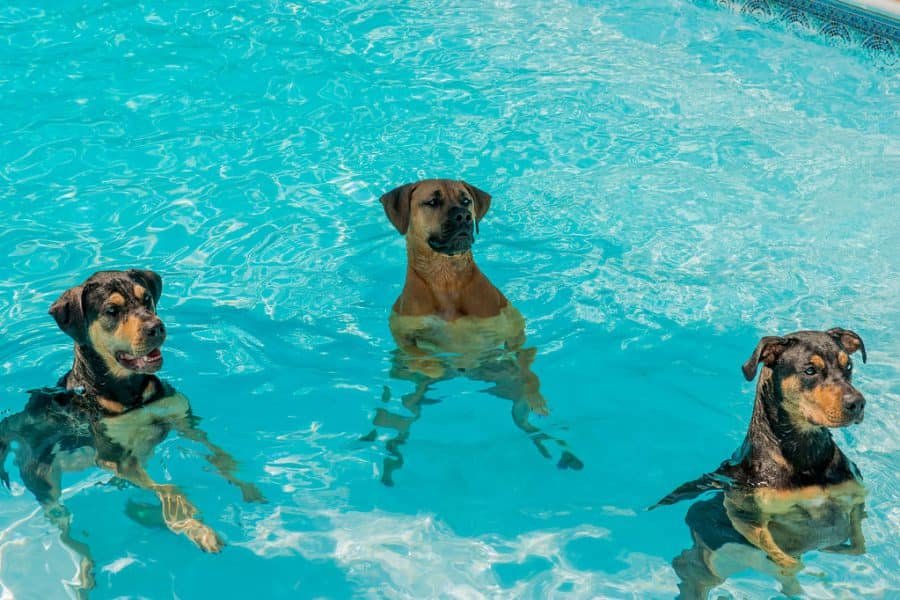It is a long-standing popular theory that the effects of a full moon cause our dogs to behave differently. Some owners believe that their dogs are more restless and howl more often, while others claim they perceive the moon as a ball they have yet managed to fetch.
One legendary image throughout folklore is the symbol of the wolf howling at the moon at night. Many have wondered whether there is an inherent connection, wolves being primarily nocturnal creatures. They howl from high peaks, hence the image of them howling upwards at the moon, to communicate with one another. Topics of discussion include warning others about predators or locations of prey.
Nighttime also proves a popular time for dogs to communicate as their senses are more alert. Due to less intermittent disturbances, sound waves can travel farther at night, so dogs are more attuned to sound.
Full moons also allow more light for your dogs to see, which may be the cause of your pups prolonged nocturnal activities. Considering how the Ancient Greek Goddess of the moon, Artemis, had a pack of seven hunting dogs, our own pups’ restlessness can increase under the moon, enhancing a sense of mythos for our dogs too.
Some people even theorise that the moon effects dogs in a similar fashion to ocean tides, which it has a gravitational effect on. This notion is used to rationalise how dogs can become more restless and aggressive around the full moon.
If dogs do become more bestial around this time, chances are the upsurge in aggression is probably due to instincts kicking in. However, It is still enjoyable to imagine the relationship between the moon and them. Whether or not these details are fictitious does not have to take away from our storytelling pleasure.
Looking for something great to treat your dog with? Try our monthly-themed boxes!



Leave a Comment